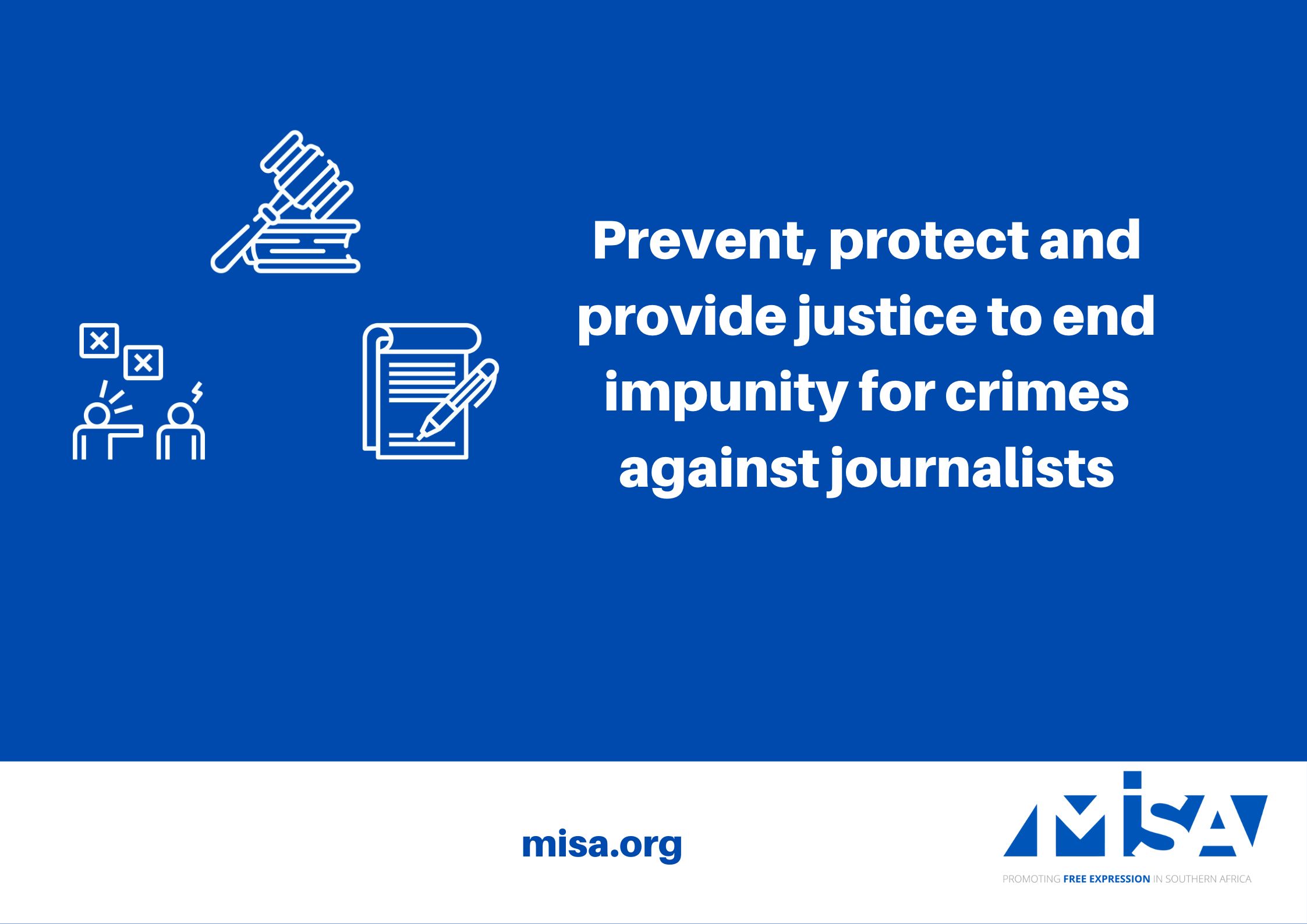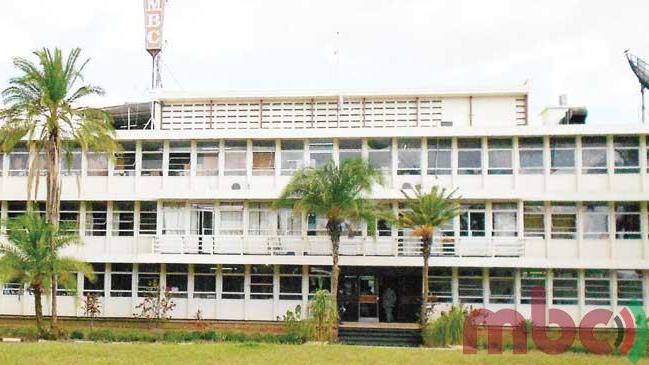The 2022 Conference on the Future of Journalism Education in Southern Africa will focus on how the media can stay afloat amidst global economic challenges and restrictive laws in the region.
The hybrid conference is scheduled for November 15 to 17 with Windhoek-Namibia, Bulawayo- Zimbabwe and Lilongwe- Malawi hosting physical conferences in those days respectively.
The theme of the conference, ‘Digital Disruptions: Crafting Journalism Education for Viable Media’ , is expected to focus on how journalism education can help the media operate based on sustainable business models.
MISA Malawi Chairperson Teresa Ndanga says media sustainability is dependent on good journalism education.
“Good journalism education should prepare an individual to remain relevant in a fast changing world. Such education, whether online or offline, should be hands on, people-centered and able to build initiative, curiosity and flexibility to help journalists adjust and adapt” Ndanga said.
The post Covid-19 media environment has seen media institutions struggling to retain staff, pay taxes and let alone survive and sustain their operations.
In 2022, the traditional mainstream media sector in Malawi witnessed closure of 6 broadcasting media houses by the Malawi Communications Regulatory Authority (MACRA) due to delays in payment of annual licence fees.
That is not all for the mainstream media. The digital evolution and surge in alternative media have left traditional media platforms in shambles, especially those failing to innovate and adapt.
“The pandemic resulted in the closure of media training institutions with very few who turned to online training, sustaining their operations. But there is a challenge; most institutions and online trainers lack the requisite skills and expertise to handle online trainings. Moreover, the pandemic also resulted in massive reductions in revenue generation in the media industry.
“Media staff were laid off. We also had reports of reductions in salaries with some working without pay. There were shortages in raw materials for print and equipment for broadcasting because of lockdowns in various air and shipping ports in most industrialised countries,” Ndanga explained.
MISA Malawi National Director Aubrey Chikungwa added that journalism education for media sustainability aims to capacitate media institutions to ensure three key things.
“First, media content that is consistently relevant to the needs of the people; second, media institutions that are able to adapt to any changes and find innovative ways of operating in a fast and changing environment; and third, the adoption of business models that are directly responsive to their current needs whilst serving public interest,” Chikungwa said.
The conference has been organised by MISA Malawi, Namibia Media Trust (NMT), Centre for Technology and Innovation (CITE) and DW Akademie.
MISA Malawi believes in the creation of a media operating environment that allows media freedom to thrive and viable journalism education helps serve this purpose.
MISA Malawi continues to strengthen the media sector in Malawi and the region by implementing various initiatives aimed at improving journalism standards.
Since 2018, MISA Malawi has made journalism education one of its strategic areas of focus to not only improve the professional skills of journalists but also ensure promotion of a free, viable and pluralistic media. MISA Malawi does this by working with its partners to provide systematic and practical trainings in different thematic areas tailor made for the media in Malawi and the region.
Since 2018, the MISA Malawi Training Centre, in partnership with DW Akademie, has trained close to 300 journalists and communication professionals in fields such as elections reporting, investigative journalism, digital storytelling, essential radio and television reporting skills, public communication, among others.
MISA Malawi has also organised three Southern Africa Journalism Education conferences in partnership with DW Akademie and NMT in an effort to improve journalism standards in the region.
The Conference on the Future of Journalism Education in Southern Africa attracts journalism education stakeholders including media training institutions, media trainers, media managers and journalists from the region and other parts of the globe.











